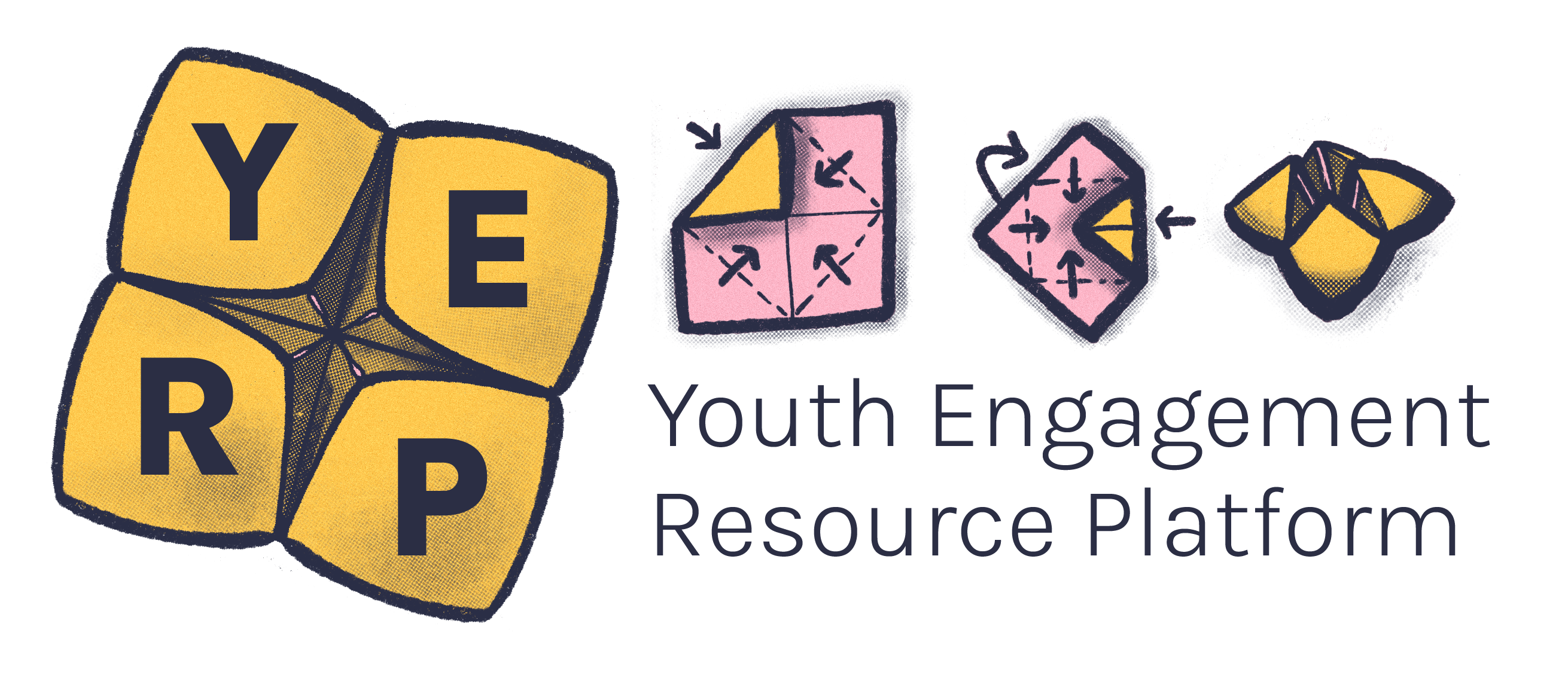The Code of Ethical Practice outlines the professional framework of ethics for people who work with young people. It supports legislation, organisations’ existing policies and your own morals and values to ensure your work with young people is safe and ethical.1
The Code is based on human rights - things that all people can expect to enjoy, such as your right to freedom of expression or right to take part in public life.1
The Code was first developed by YACVic in 2007, for and after consultation with the Victorian youth sector.
If you work with young people (12-25 year olds), you will often face ethical dilemmas.
- Ethical dilemmas are situations where you have to decide what the right thing to do is.
- The Code is a framework to help you think through those dilemmas.
It won’t tell you exactly what to do, because each situation is different, but it will help you work out why you think something is right or wrong, and what you should do.
The Code includes a set of youth work principles and ethical practice responsibilities. It supports, but does not replace your legal responsibilities. Any person, group or organisation that works with young people can choose to use the Code.1
Who does the Code apply to?
The Code is voluntary but is relevant to all professionals who work with young people.
It's relevant for all youth workers, regardless of their qualifications. The Code refers to ‘young people’ as those between 12 and 25 years of age but the Code can still apply to organisations who work with young people who are outside of this age bracket.1
The Code is based on the following youth work principles which determine the focus and goals of youth work:1
- The empowerment of young people
- Young people’s participation
- Social justice for young people
- The safety of young people
- Respect for young people’s human dignity and worth
- Young people’s connectedness to important people in their lives, such as family and community
- Positive health and wellbeing outcomes for young people
- The positive transitions and healthy development of young people.
The Youth Work Practice Responsibilities help to identify the practical aspects of our work as youth workers., they include:1
- Recognition of Indigenous Peoples
- Young people as the primary consideration
- Duty of Care
- Privacy and Confidentiality
- Boundaries
- Transparency, Honesty, Integrity
- Social Context
- Anti-Oppressive Practice: Non-Discrimination, Equity and Self Awareness
- Cooperation and Collaboration
- Knowledge, Skills and Self Care
The Code of Ethical Practice for the Victorian Youth Sector underpins youth work studies in Victoria, and tertiary level qualifications are endorsed by the national professional association – Youth Workers Australia.
- YACVic run regular training on the Code, find out more and book in here.
- The team can also come to you to run training for your youth teams.
The interactive training sessions include some introductory theory and guidance for using the Code in your practice. There's lots of opportunity for discussion and reflective practice as well as strategies for developing ethical practice in your role and organisation.
Topics covered include:
- Why is a Code of Ethical Practice so important for the youth sector?
- What are ethics anyway?
- Background to the Code
- Youth work principles
- Youth work practice responsibilities
- 'How do I deal with an ethical dilemma at work?'
- Youth Affairs Council Victoria. (2007). The Code of Ethical Practice – A First Step for the Victorian Youth Sector. https://www.yacvic.org.au/assets/Uploads/The-Code-of-Ethical-Practice.pdf





